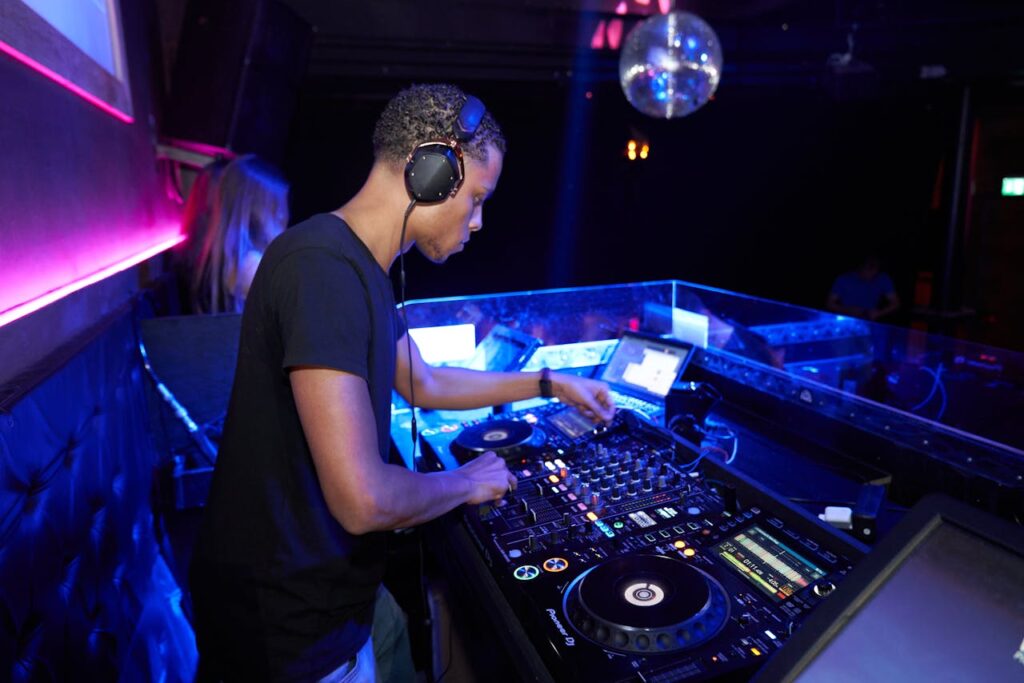
Burnout is at an all-time high since the spring of 2021. And as of this past May, employee productivity had declined for five straight quarters. At a time when workers are still coming up for air following the pandemic, it’s more important than ever to take time off work. It seems counterintuitive, but science shows that taking a meaningful break—or better yet, a vacation—can ultimately increase creativity and productivity, and contribute to a business’ overall success.
Consider the consequences of not taking a break. A 2021 study by the World Health Organization discovered “working 55 hours or more a week was associated with a 35% higher risk of stroke and a 17% higher risk of dying from heart disease than a workweek of 35 to 40 hours.”
On the other hand, according to one Ernst & Young study, for each additional 10 hours of vacation their workers took, their year-end performance rating went up by 8%. Taking a break has also been shown to have a positive impact on stress levels and depression. It also helps the brain think more creatively. It’s no surprise, then, that Lin-Manuel Miranda thought up Hamilton while on vacation, saying, “The moment my brain got a moment’s rest, Hamilton walked into it.”
While it’s clear that taking time off is necessary, how do you make sure you’re fully able to recharge?
Business leaders weigh in on how they mindfully take time off and come back to work feeling rejuvenated.
How to take time off: Find someone to take over for you
Prior to going on vacation, Dr. LeMeita Smith, director of clinical services at United Health Services, meets with her team to identify the best employee to handle her responsibilities while she’s away.
“I make sure they have all the necessary information and support to make decisions and manage any potential challenges,” she says. “This ensures a seamless transition and gives me peace of mind knowing that things are in capable hands while I’m away.”
Lakesha Cole, founder of she PR, a public relations agency, does something similar: She meets with her assistant, and together, they strategically map out the best route for communication while she’s gone.
“We identify the various types of inquiries and requests that might come in and designate the most suitable team member to handle each one,” Cole explains. “My out-of-office message isn’t a one-lined notification of my absence; it’s a detailed response that outlines who to contact for what, ensuring that every issue can be handled promptly and accurately while I’m away.”
Inform your clients well in advance
When planning her vacation, Cole will let her clients know weeks in advance that she’ll be out of the office. She clearly specifies when she won’t be available so they have time to prepare on their end.
“This allows them to plan their requests and align their expectations accordingly,” she says. “My intention is to ensure that my time away causes minimal disruption to their workflow.”
It’s important for Cole to maintain the high level of service her clients are used to. Plus, it puts her mind at ease so she can fully relax.
“It is this detailed planning and transparent communication that lets me head into my vacation free of overwhelm, confident in the knowledge that everything is in order,” she says.
Set the ground rules—and have an accountability partner
When Ryan C. Warner, the founder and CEO at RC Warner Consulting, takes time off work, he makes it a goal to establish healthy boundaries. And with his wife’s help, he’s able to uphold them.
“I mindfully take off by setting healthy boundaries,” he says. “I set rules on when I will not look at electronic devices and check emails. I also obtain an accountability partner (my wife) to ensure I follow through.”
Bring a notebook on vacation
Ditching the work laptop and smartphone is a good idea when you’re taking a vacation. However, while you’re relaxing, some ideas might come to you. It’s important to keep track of these, especially if you own your own business.
Instead of trying to remember everything or taking out your phone—which can be disruptive to your peace—bring a notebook instead. Ashley Tyrner, CEO of FarmboxRx, does this.
“When I go on vacation, I always take a journal, as things come to my mind that I would like to focus on at work,” she says. “The biggest piece of my job is strategy, and when I am relaxing by a pool or a beach, my mind typically races with ideas.”
The importance of taking a break
Some people, especially entrepreneurs, may believe that they need to be “on” all the time in order to be successful. After all, less than half of all U.S. workers use all of their available vacation days.
However, according to Cole, hustle culture and non-stop work should not be glorified.
“Success in PR, or any field, isn’t just about continuously pushing forward at all costs,” she says. “It’s not just about the right skill sets, the right contacts or the right strategies. It’s equally, if not more, about understanding the importance of balance and self-care. It’s about acknowledging the value of taking a step back to recharge when necessary and not feeling guilty about it. Remember: Your wellbeing isn’t a barrier to your success—it’s the foundation of it.”
Photo by




